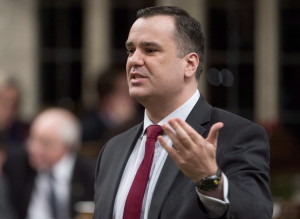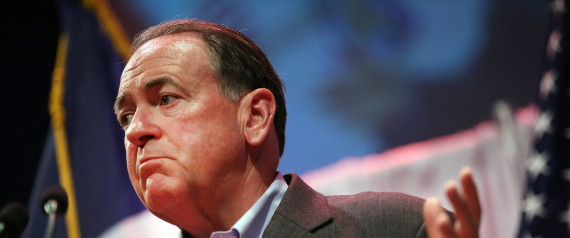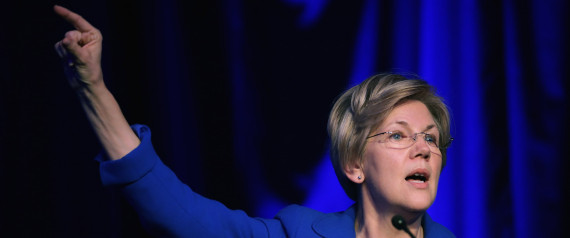The relationship between Senator Elizabeth Warren and Hillary Clinton, the Party’s most likely Presidential nominee, goes back to the second half of the Clinton Administration. Warren told me recently that the most dramatic policy fight of her life was one in which Bill and Hillary Clinton were intimately involved. She recalls it as the “ten-year war.” Between 1995 and 2005, Warren, a professor who had established herself as one of the country’s foremost experts on bankruptcy law, managed to turn an arcane issue of financial regulation into a major political issue.
In the late nineteen-nineties, Congress was trying to pass a bankruptcy bill that Warren felt was written, essentially, by the credit-card industry. For several years, through a growing network of allies in Washington, she helped liberals in Congress fight the bill, but at the end of the Clinton Administration the bill seemed on the verge of passage. Clinton’s economic team was divided, much as Democrats today are split over economic policy. His progressive aides opposed the bill; aides who were more sympathetic to the financial industry supported it. Warren targeted the one person in the White House who she believed could stop the legislation: the First Lady. They met alone for half an hour, and, according to Warren, Hillary stood up and declared, “Well, I’m convinced. It is our job to stop that awful bill. You help me and I’ll help you.” In the Administration’s closing weeks, Hillary persuaded Bill Clinton not to sign the legislation, effectively vetoing it.

















































